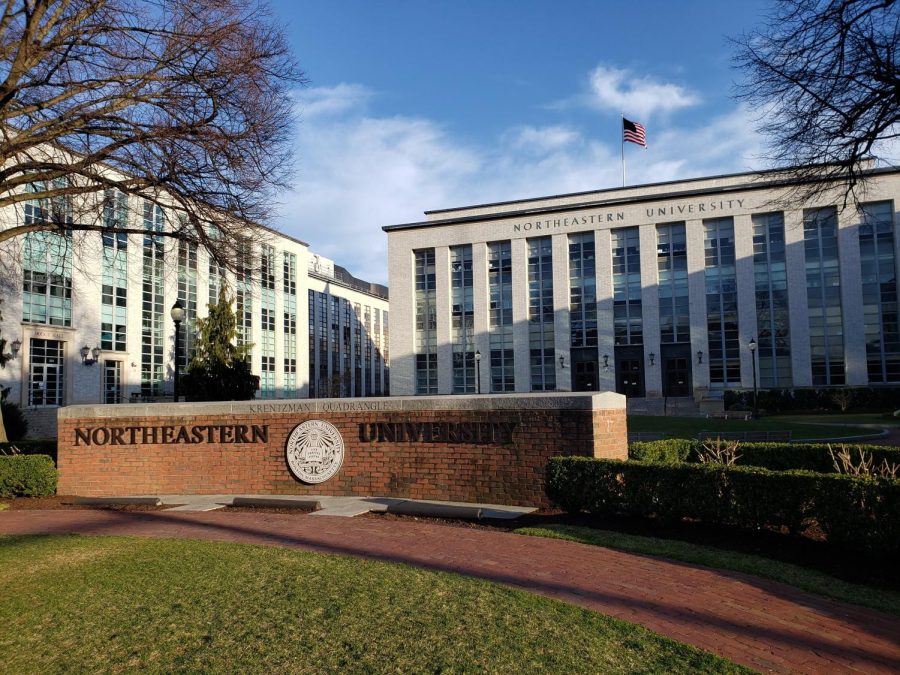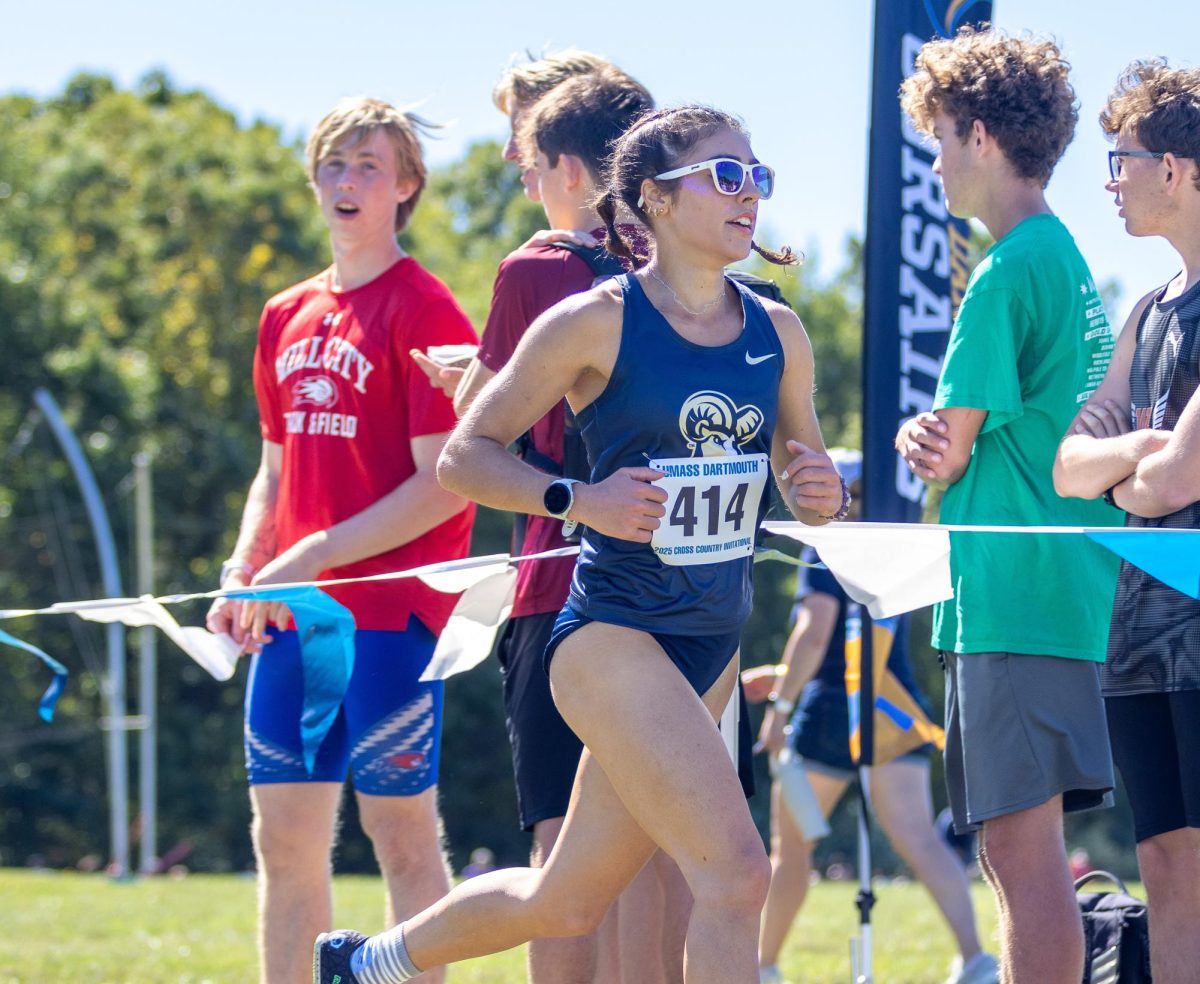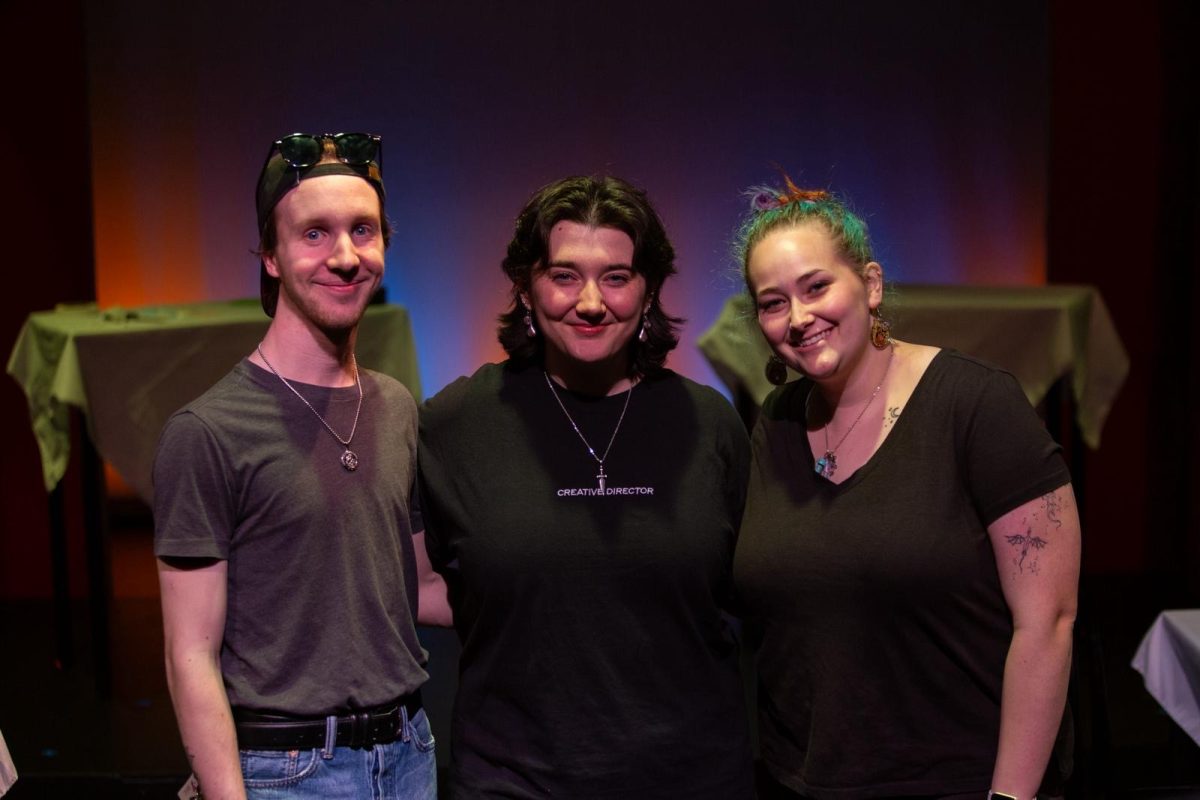Northeastern University’s student newspaper, The Huntington News, hosted a seminar that focused on the change in covering polarizing issues, specifically abortion throughout the past decades of the paper, on Nov. 2.
Former editors of Hunt News joined current Editor-in-Chief Marta Hill in discussing their personal experience with covering issues like abortion and war for a university paper. Participants also addressed the question: “What do you think is the role of student journalists and student media vis a vis polarizing topics like abortion?” They then invited today’s student journalists to join into the conversation and share their perspective.
This event follows a Hunt News article entitled, “Northeastern alumni reflect on abortion rights, reporting 50 years later,” written by Hill. In the piece, alumni of the paper spoke out on covering abortion, a topic that is still ever changing in United States legislation, when they were student journalists. The event was organized by Hill, along with alumni Larry Rothstein and Mary Gelinas.
Hill said the project was a unique opportunity for Hunt News.
“It is not often that a bunch of college kids get the chance to talk to people who were in student media 50 years ago,” said Hill in a written statement to The Journal. “It was really interesting to hear about all the issues they faced and how they are different—and the same—as challenges we are facing today.”
The discussion was started by Rothstein, co-director of the project, and each alum had the chance to share their experience with writing for Hunt News and what it was like to write as a student journalist during their schooling.
“One of the things that was very different from when we were [writing at the paper] was that we really dominated the university, there weren’t really Instagram, and Spotify and Facebook, and the rest of the social media outlets, so we were able to focus the university on some of these issues,” Rothstein said.
Before Roe v. Wade was brought to the Supreme Court, one of the major polarizing issues was the Vietnam War. Many alumni attendees expressed that the Vietnam War was the topic of most polarized importance at their time at Hunt News.
Attendees also discussed the connection between universities and their papers. The alums of Hunt News said when deciding what to publish they had to consider the values and respect of what the administration of the university would want.
Before Roe v. Wade was decided and abortion was legalized, the paper was not allowed to publish anything about abortion.
“We had been told by the university that there was a policy that the Northeastern news would not run abortion ads as long as abortions were considered illegal, so once Roe v. Wade was passed and abortion was legal, the executive board at the time decided to run an abortion ad and I got a call from administration where they told me that they could confiscate our papers,” said Maxiene McPhearson, the editor-in-chief of Hunt News from 1973-1974.
However, when Hunt News became an independent nonprofit newspaper, they gained the rights and freedom to decide what to write on based on the topics that they find important to the student body.
The conversation pivoted to talk about what the role of student journalists is in today’s world, amidst polarization and the recent overturning of Roe v. Wade.
Hannah Rosman said “reaching your audience where they’re at” was the most important role for young journalists. The alumni of Hunt News emphasized the goal of staying “objective” when writing.
“Play a journalist like an actor plays a role in a play” and “being a journalist first and a person second” was the advice that students were given on staying unbiased in journalism.
Change was at the core of the conversation, and Hill said the new perspective was invaluable.
“While I obviously can’t speak for everyone, I think on both sides (students and alumni) people came away with a new appreciation for the work the other group did. I know I really appreciated hearing about how Northeastern, Boston and the student paper have changed since the alumni were in college,” she said.



















